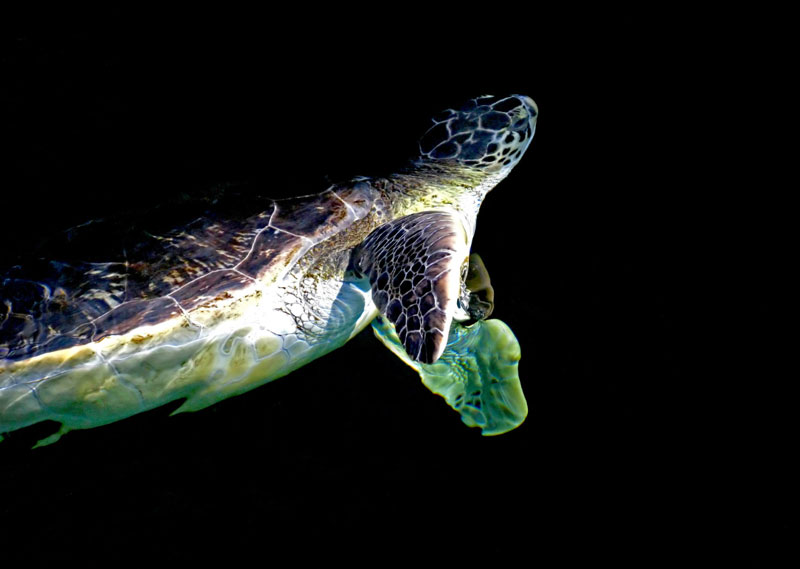Can Turtles See in the Dark? Understanding The Facts
Have you ever wondered if turtles can see in the dark? It’s a question many animal enthusiasts and curious minds have pondered. Whether you’re watching your pet turtle navigate its tank at night or observing wild turtles on a moonlit beach, the idea of how these creatures adapt to darkness is fascinating. Can turtles rely on their eyesight when the sun goes down? Or do they face challenges in low-light environments like humans?

In this article, we’ll explore the mysteries of turtle vision, addressing common questions such as “Can turtles see in the dark?” We’ll also dive into how turtles use their vision at night and explain the factors that influence their ability to see in low-light conditions.
If you’ve ever been curious about a turtle’s ability to see in dim lighting, stick around as we uncover the truth about their night vision and how it impacts their behavior. Read on to discover more!
Do Turtles Have Good Eyesight?
Yes. Turtles generally have good eyesight, which plays a crucial role in their survival both on land and underwater. Their vision is especially well-adapted for detecting motion and navigating their environments. While underwater, turtles are farsighted, allowing them to spot prey or predators from a distance, which is vital for their aquatic life. On land, however, they tend to be nearsighted, which is compensated by their strong sense of smell and ability to detect vibrations.
Turtles also have the ability to perceive a broad spectrum of colors, including ultraviolet light, which is useful for recognizing food and identifying mates or rivals. Their sensitivity to light helps them function in low-light conditions, making them capable of some level of night vision.
While turtles’ eyesight might not be as sharp as humans, it is finely tuned to meet their unique needs in both aquatic and terrestrial habitats.
Can Turtles See in the Dark?
Turtles can indeed see in low-light conditions, though their vision is not as sharp as it is during the day. Their eyes contain rod cells, which are specialized for dim-light vision, allowing them to navigate in darker environments. However, their vision in the dark is somewhat limited compared to their daylight capabilities. This limited night vision impacts their behavior, as most turtle species tend to be less active in the dark, conserving energy by resting when visibility is reduced.
Some species, such as box turtles, are more adapted to twilight or nighttime activity. These turtles rely not only on their eyesight but also on other senses, like smell and touch, to find food and navigate their surroundings. Their ability to see in the dark, while not perfect, is sufficient for survival, and their reduced night vision helps them avoid nocturnal predators, acting as a protective adaptation in their natural habitats.
How Turtles Use Their Vision at Night?
Understanding how turtles leverage their vision during nighttime reveals interesting aspects of their behavior.

Factors That Affect Turtle Vision in Low Light
There are several factors that influence how well turtles can see in dim and dark conditions:
Incubation and Development: Exposure to light during eggs’ incubation period might play a role in the development of the hatchling’s eyesight, affecting their night vision capabilities.
Conclusion
Now that you have known the answer to this question “Can turtles see in the dark”. Turtles possess fascinating visual abilities that serve them well, both during daylight and nighttime. While they can navigate and forage in low light, their vision is better adapted to bright conditions. Understanding these nuances in turtle vision helps you provide better care if you own one as a pet or encounter them in the wild.
FAQs
Do turtles sleep through the night?
Turtles do sleep through the night, but their sleep can be intermittent. They often take short naps and remain alert to potential threats.
Do turtles need a light at night?
Turtles do not typically need a light at night. Providing natural or dim ambient light can help mimic their natural habitat and maintain a healthy cycle.
Do turtles sleep underwater?
Many aquatic turtles sleep underwater, surfacing for air as needed. They have the ability to hold their breath for extended periods, ensuring they stay submerged.
